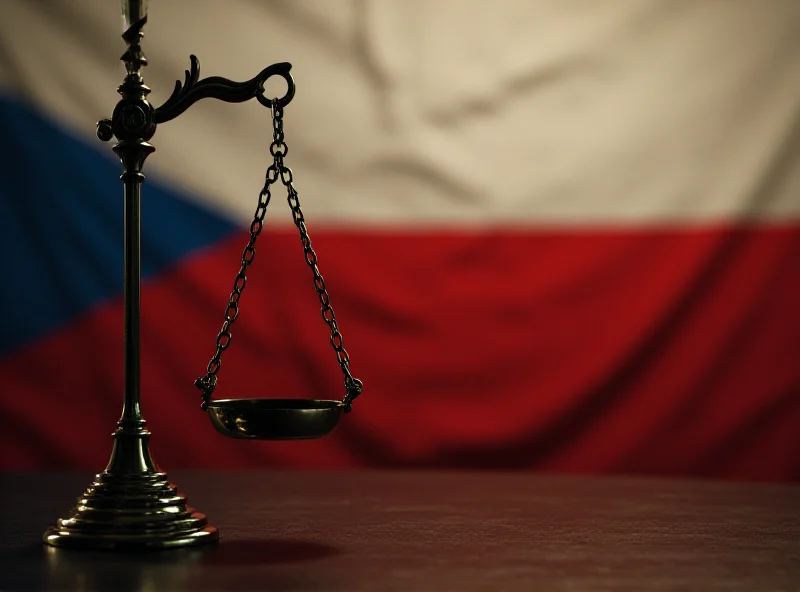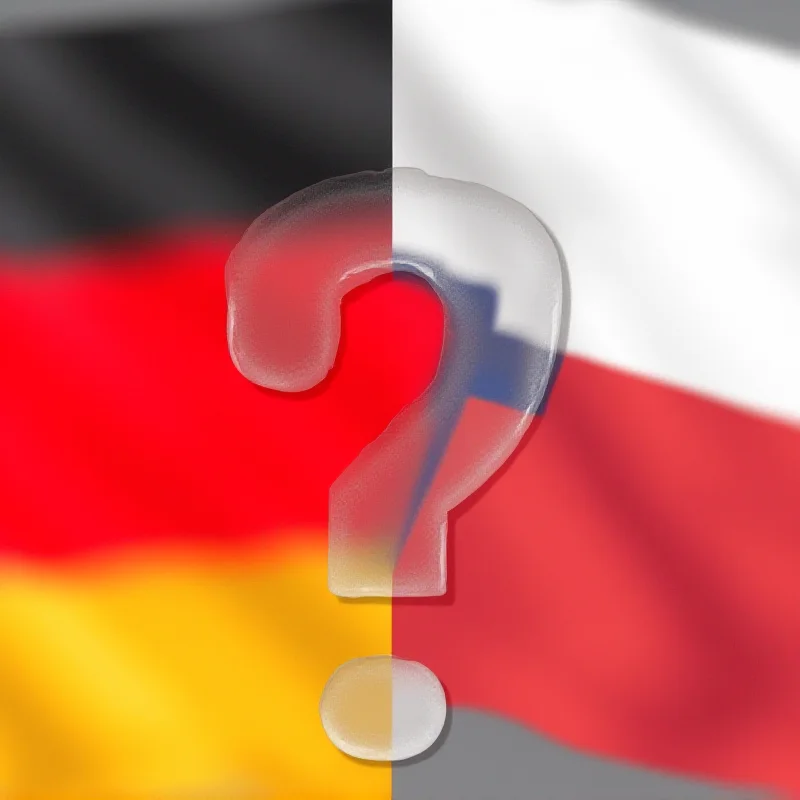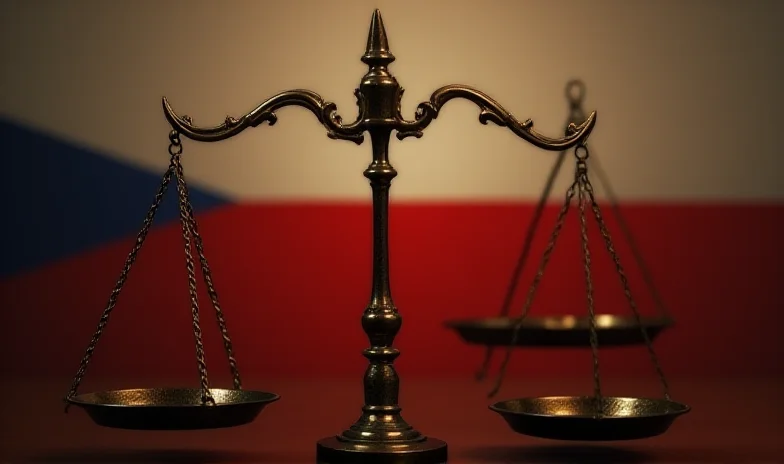Czech society stands at a crossroads. For decades, the country has enjoyed freedoms unparalleled in its history. But this era of liberty may be under threat, as populist movements gain traction by spreading misinformation about a supposed "new totalitarianism." This narrative, gaining momentum in the lead-up to the elections, could drastically alter the political landscape.

Several articles highlight this concerning trend. They consistently point to the fact that while Czech citizens have never been freer, the insidious spread of false campaigns could erode these hard-won rights. The core issue is the manipulation of public opinion through fear-mongering tactics, painting a picture of an oppressive regime on the horizon. Whether or not these fears are grounded in reality, the potential impact on the upcoming elections is significant.
The Rise of Populist Narratives
Populist movements often thrive on simplification and emotional appeals. In this case, the "new totalitarianism" narrative taps into anxieties about the future, potentially swaying voters who are concerned about the direction of the country. This is further complicated by the global political climate, where misinformation and disinformation campaigns have become increasingly prevalent.
“The challenge is to discern truth from falsehood,” one political analyst commented. “When populist rhetoric becomes the dominant voice, reasoned debate and nuanced understanding are often the first casualties.”

Meanwhile, in Germany...
The Czech Republic isn't the only country facing political shifts. Across the border, the incoming German Chancellor is outlining his foreign policy, signaling a desire for active engagement and international cooperation. This raises questions about the implications for the Czech Republic, particularly given the presence of a significant pro-Trump sentiment within the Czech political sphere.
Experts suggest that the new German Chancellor's approach may not resonate well with those who align with Trump's policies. This divergence in political ideology could create friction and influence the relationship between the two nations. Furthermore, the implications for French President Macron, who also seeks a prominent role in European leadership, remain to be seen.

Looking Ahead
The coming months will be critical for the Czech Republic. The outcome of the elections will determine whether the country continues on its path of freedom or succumbs to the pressures of populist narratives. Simultaneously, the evolving relationship with Germany, under its new leadership, will shape the Czech Republic's role in Europe. Navigating these challenges will require vigilance, critical thinking, and a commitment to preserving the values that have made the Czech Republic the free society it is today.
